CIC Faculty Awarded NEH 2011 Digital Humanities Start-Up Grants
Sep 28, 2011, 11:41 AM
It's official--Digital Humanities is a hot topic in the academy. With a number of articles on topic this month in both the Chronicle of Higher Education and Inside Higher Education, Digital Humanities is having its moment. At the center of...
It's official--Digital Humanities is a hot topic in the academy. With a number of articles on topic this month in both the Chronicle of Higher Education and Inside Higher Education, Digital Humanities is having its moment.
At the center of the recent attention is the National Endowment for the Humanities (NEH) Digital Humanities Project Directors Meeting where recipients of the 2011 Digital Humanities Start-Up Grants presented on their award-winning projects.
Among the winners of grants ranging from $25,000 to $50,000 were four academics from CIC Universities. Christine Ballengee-Morris, professor in Art Education at Ohio State University, received a grant to fund the development of a Flash-based game for children to help them learn about the Native American Mounds in Newark, Ohio.
Jon Frey, Assistant Professor of Classical Art and Archaeology at Michigan State University received funding for his project on "Digging Digitally"--the development and testing of a digital field journal for use in archaeological investigations with a particular focus on adapting existing software for use on portable electronic devices.
William G. Cowan, Associate Director, Digital Library Software Development, Indiana Universities Libraries, was awarded funding to support his project on "the enhancement of Indiana University's 'Annotator's Workbench' into an Omeka plug-in, allowing for detailed annotation in video archival collections."
Kevin Hamilton, Associate Professor of New Media at University of Illinois was selected for his project: "Re-Framing the Online Video Archive: A Prototype Interface for America’s Nuclear Test Films," which involves the development of a prototype platform for studying and exhibiting digitized historical films, using government films documenting the development of the United States nuclear weapons program.
For further reading on Digital Humanities, visit the Inside Higher Education article about the NEH meeting and project presentations. The Chronicle on Higher Education has an interesting read on mentoring young scholars in Digital Humanities.
